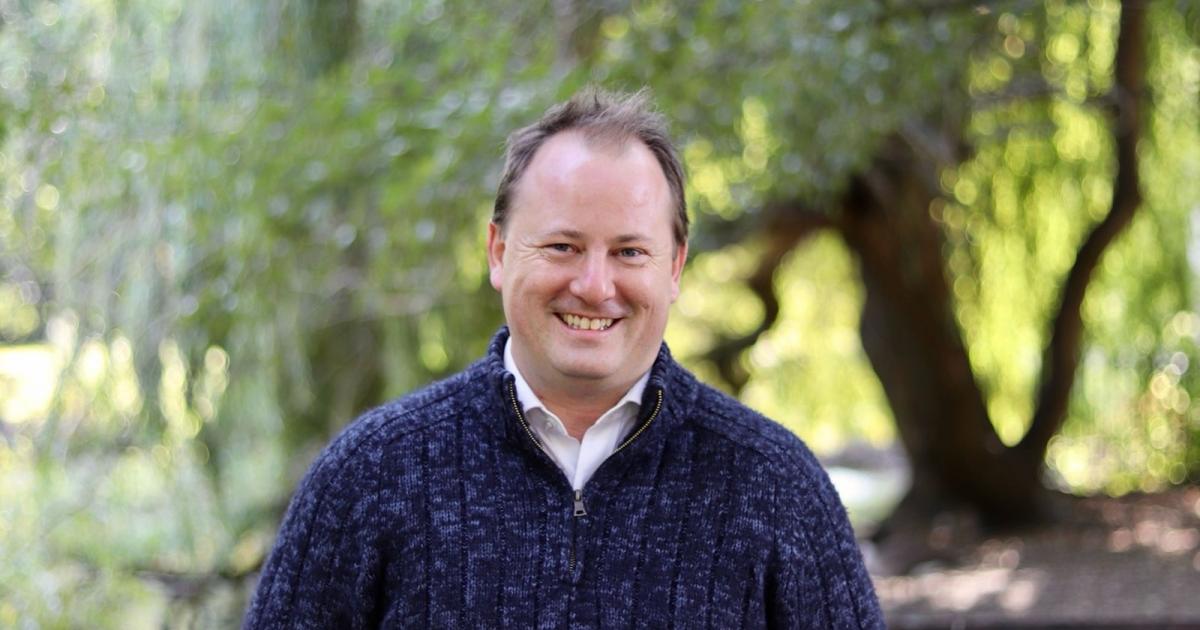Along with much of Orpington, the constituency feels more like a collection of Kentish villages rather than suburban London.
Historically, that’s exactly what we were – rural hamlets rather than the edge of a sprawling metropolis.
In 2025, we mark 60 years since these northern Kentish municipal boroughs and districts became part of the London Borough of Bromley, absorbed into the new Greater London area under the London Government Act 1963.
This Act merged numerous political districts into larger boroughs within a two-tier system, with the Greater London Council (GLC) overseeing the boroughs.
On 1 April 1965, Bromley, Orpington, Beckenham, and other districts merged to form the London Borough of Bromley.
The GLC remained until 1986, when Margaret Thatcher abolished it.
It had powers over transport, strategic planning, housing, and education, which were devolved to local boroughs after its demise.
This structure lasted until 2000, when Tony Blair’s government restored London-wide governance via the Greater London Authority (GLA) following a London-wide referendum and the instigation of a new law, The Greater London Authority Act 1999.
While many GLC powers returned, the GLA had notable differences – stronger transport powers, oversight of the Metropolitan Police, and a directly elected Mayor.
Since then, London has had three mayors: Ken Livingstone (also the last GLC leader, who opened his first speech as mayor with “As I was saying before I was so rudely interrupted…”), Boris Johnson, and current mayor Sir Sadiq Khan.
I served on the GLA between 2021 and 2024, representing both Bromley and Bexley.
My role was to scrutinise the mayor.
The key word there is ‘scrutinise’ as Assembly Members have no power to overturn his decisions.
This was especially frustrating with policies like the ULEZ expansion – take a trip to YouTube and you’ll find my debates with the mayor.
Despite explaining repeatedly how it would harm outer boroughs, due to laws made in Parliament, we had no way to stop it, even when Bromley Council took the matter to court.
The mayor’s authority comes from the 1965 Act, and boroughs have no legal power to block him.
The same applies to housing failures, attacks on the Green Belt, and lack of policing support – issues my successor, Thomas Turrell, is now raising.
I recall Bromley Council leader Colin Smith, on the 50th anniversary of the initial Act, saying there was a stronger pull to Kent than London.
I often share this view.
Leaving London could reinforce our Kentish identity, give us more control over planning, and end unnecessary policies like ULEZ.
But it could also mean losing benefits such as the Freedom Pass, and would require changes to policing, transport, and emergency services.
Reflecting on this anniversary, I’m reminded that our local identity remains distinct from much of London.
But unless Parliament changes the 1963 law, something the current Labour government seems unlikely to do, Bromley will remain part of Greater London – where it has been since April Fool’s Day, sixty years ago.
